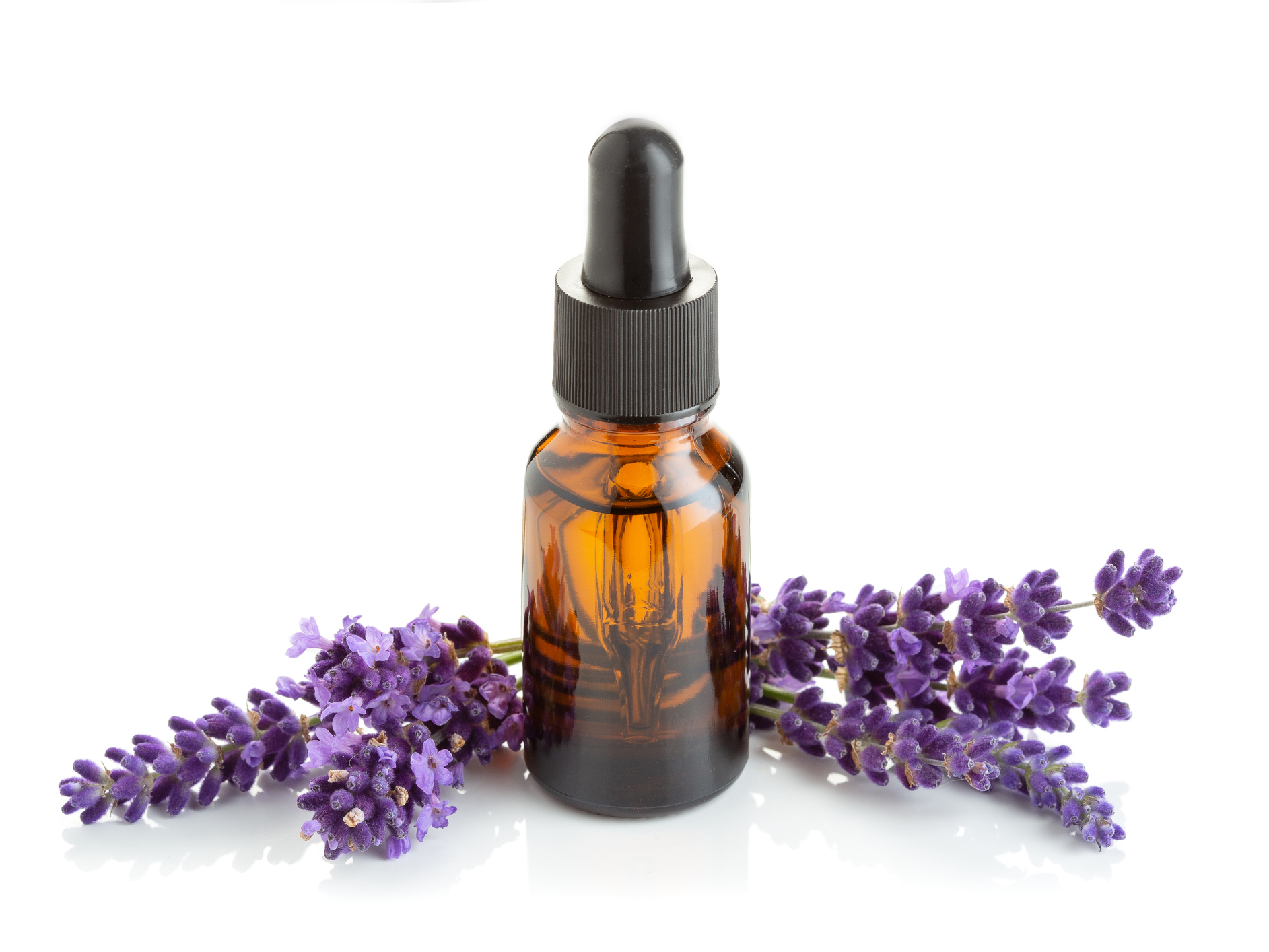Get Easy Health Digest™ in your inbox and don’t miss a thing when you subscribe today. Plus, get the free bonus report, Mother Nature’s Tips, Tricks and Remedies for Cholesterol, Blood Pressure & Blood Sugar as my way of saying welcome to the community!
Essential oils for cuts, scrapes and wounds

Long before Big Pharma was around, essential oils were used to control pain, ease stress and stimulate the immune system to fight colds and flu.
The Ancient Egyptians used essential oils for both religious and medicinal purposes.
And Hippocrates, the father of modern medicine, believed that “the way to health is to have an aromatic bath and scented massage every day.”
The scent of lavender oil can help your memory, send you off to a restful night of sleep, even help control hair loss.
Peppermint oil can relax muscles and joints, and help stop itching.
And tea tree oil is a great alternative to toxic cleansers.
Research continues into the ways that essential oils can make us healthier, including their power to control inflammation and help wounds heal quickly and safely.
Compound in essential oils speeds wound healing
In a recent study, a chemical compound found in essential oils improved the healing process when it was applied to skin wounds in mice.
Sachiko Koyama, an associate scientist at the Indiana University School of Medicine, knew that beta-caryophyllene activates cannabinoid receptors, specifically CB2 receptors. She is also an expert on the stages of wound healing.
“In the wound healing process, there are several stages, starting from the inflammatory phase, followed by the cell proliferation stage and the remodeling stage,” she said. “I thought maybe wound healing would be accelerated if inflammation was suppressed, stimulating an earlier switch from the inflammatory stage to the next stage.”
In other words, she wanted to see whether stimulating the CB2 receptors with beta-caryophyllene would control inflammation quickly and speed up the process of wound healing.
It did, indeed, but Koyama says that it could be more complicated than that.
“Our findings suggest the involvement of some other routes in addition to CB2. I hope to clarify the mechanisms of action in the near future.”
Koyama does not recommend that you get a bottle of lavender oil, for example, and start applying it to your cuts and abrasions. The results she saw were very specific to the compound she used…
“It’s not very precise to use the essential oils themselves because there are differences,” she said. “Even if you say you used lavender, when the lavender was harvested, where it was harvested, how it was stored — all of this makes a difference in the chemical composition.”
Using essential oils for minor skin wounds
Despite these cautions, there are several popular essential oils that have been used for centuries for their antifungal, antibacterial and antiseptic properties, and that can be a safe and natural alternative for pain relief, rather than relying on NSAIDs.
Chief among these is tea tree oil. A small amount can be applied directly to the skin, or diluted with witch hazel or warm water, or added to a carrier oil, liquid soap or mixed with vinegar and baking soda. Tea tree oil is also an analgesic (it relieves pain). A couple of drops goes a long way.
Lavender oil is also an analgesic. This, along with its antibacterial properties, makes it a good choice to add to unscented soap when washing minor cuts and scrapes. And, it’s naturally relaxing, so it’s very popular for those who enjoy soaking baths.
Rosemary, eucalyptus and peppermint oils are wonderful pain relievers. Rosemary and eucalyptus are particularly good for headaches. Mix a drop or two with a carrier oil and massage a small amount on your temples.
A couple of things to remember… If applying to your skin, test a small area first to be sure your skin won’t be irritated, and always avoid sensitive areas. As a rule, most essential oils, especially tea tree oil should not be ingested.
Consult an aromatherapy practitioner if you’d like. Or, your local health food store should have plenty of information on the basic essential oils mentioned here.
Editor’s note: Did you know that when you take your body from acid to alkaline you can boost your energy, lose weight, soothe digestion, avoid illness and achieve wellness? Click here to discover The Alkaline Secret to Ultimate Vitality and revive your life today!
Sources:
- Chemical compound found in essential oils improves wound healing, IU study finds — EurekAlert
- Beta-caryophyllene enhances wound healing through multiple routes — PLoS One
- Best 7 Essential Oils for Cuts, Scrapes, and Wounds — Essential Oil Haven
- Can essential oils help wounds heal? — Advanced Tissue













